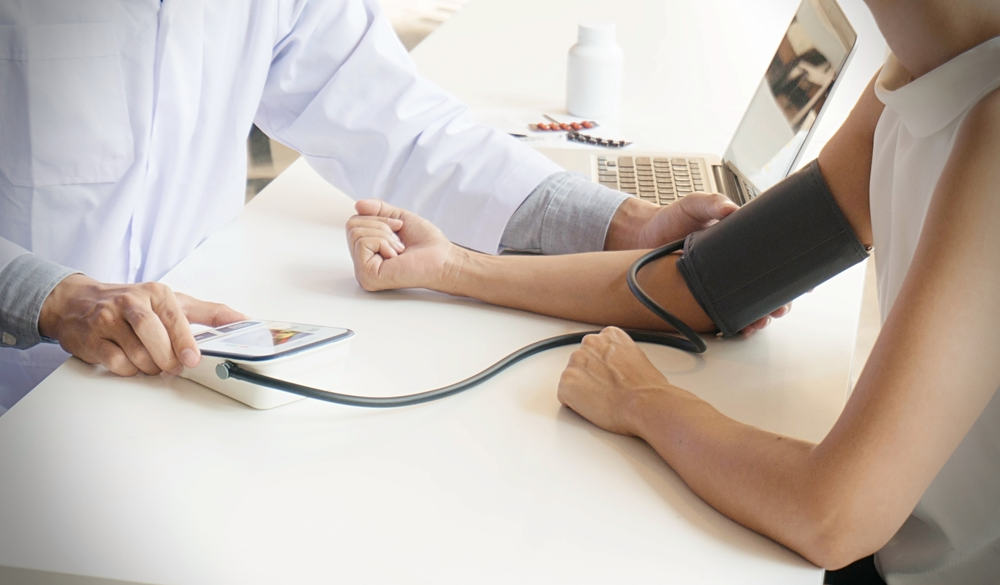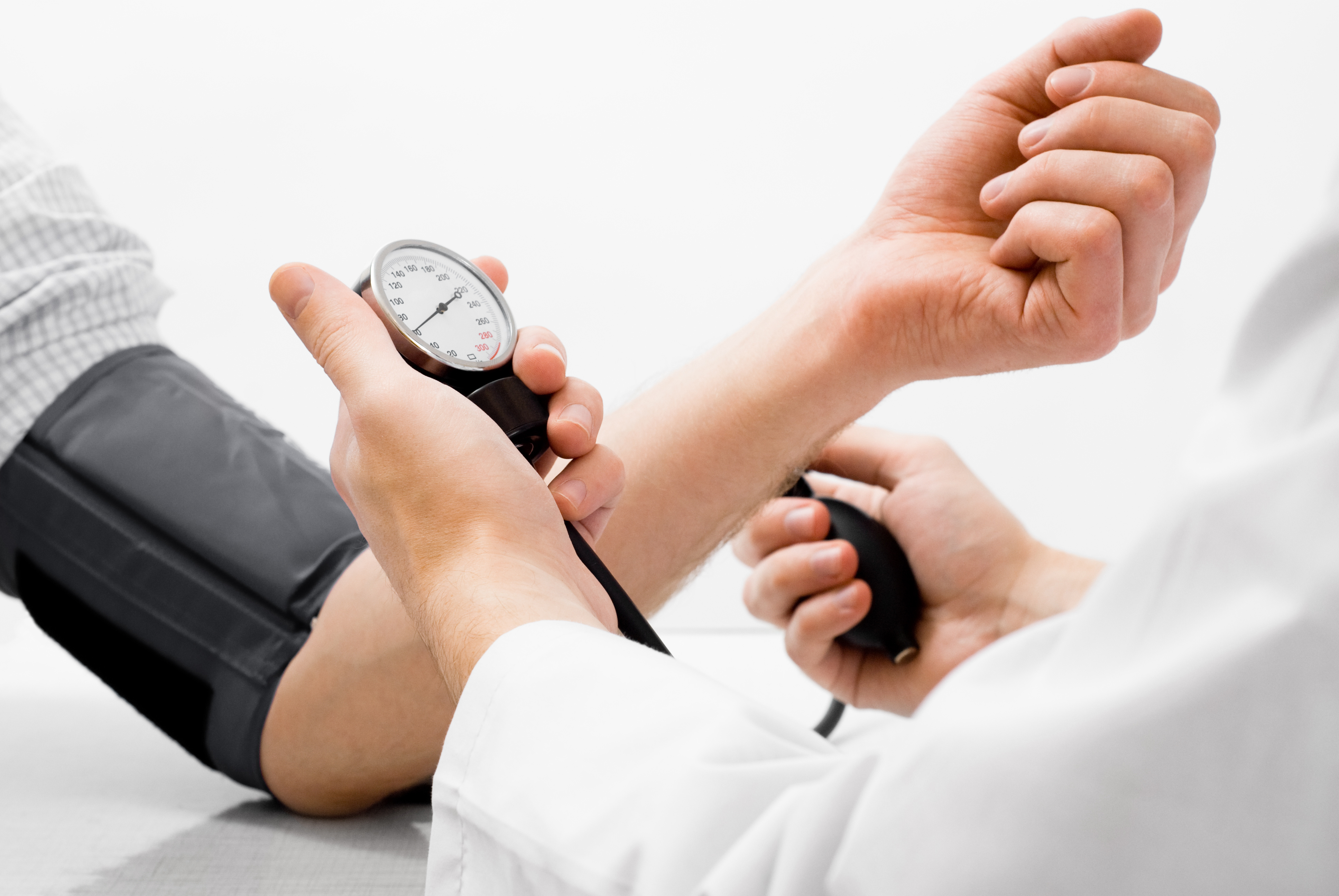Contents:
- Medical Video: TOP 4 Amazing Smoothies For Diabetics - Superfoods You Needs
- Function of potassium for the body
- How does potassium work in lowering blood pressure?
- Foods that are rich in potassium
- Could there be excess potassium?
Medical Video: TOP 4 Amazing Smoothies For Diabetics - Superfoods You Needs
Research over the past few years has shown clearly that eating foods high in salt (sodium) can cause high blood pressure or hypertension. Currently there is a recent study that says that the function of potassium can help control blood pressure. Yes, adequate intake of potassium is an important factor for maintaining good blood pressure.
Self-hypertension is defined as systolic blood pressure (SBP) above 140 mmHg and diastolic blood pressure (DBP) above 90 mmHg. Worldwide, it is estimated that there are as many as 20 percent of adults suffering from hypertension and this number is greater in the age above 60 years. The World Health Organization or WHO has calculated that hypertension is the cause of 51 percent of stroke-related deaths and 45 percent of deaths from heart disease.
Function of potassium for the body
Potassium is one of the electrolytes needed to deliver information on nerves. In addition, the function of potassium is also important so that the muscles in your body can contract properly and strongly.
Potassium makes the heart beat, helps send nutrients to body cells, nourishes bones, and reduces the risk of kidney stones.
Alicia McDonough, Ph.D., professor of neurobiology at the University of California, said that reducing salt intake is the right way to reduce blood pressure. However, the latest scientific evidence shows that increasing potassium intake also has the same important effect in reducing blood pressure.
How does potassium work in lowering blood pressure?
The function of potassium to reduce blood pressure is to balance the negative effects of salt. To control the pressure in the blood, the kidneys will control the amount of fluid stored in your body. The more fluid in the body, the higher your blood pressure.
The kidneys control the amount of fluid by filtering the blood and absorbing excess fluid which will then be released as urine (urine). This process utilizes a balance between salt and potassium to draw water across the cell wall in the kidney.
Consumption of excess salt will disrupt the balance, thereby reducing the ability of the kidneys to remove fluids. By eating more fruits and vegetables, you will increase potassium levels and help restore that balance. This will help your kidneys work more efficiently so they can lower blood pressure to a good and safe level.
Foods that are rich in potassium
According to the 2004 Institute of Medicine report, adults are advised to consume at least 4.7 grams (or 4,700 milligrams) of potassium every day to help lower blood pressure. This level of consumption will reduce the adverse effects of salt and reduce the risk of kidney stones and bone loss.
Some foods such as fruit, vegetables, milk, and fish are good sources of natural potassium. For example, one medium-sized banana contains around 420 milligrams (mg) of potassium and half a glass of mashed sweet potato has about 475 mg of potassium. Here are some types of foods that contain high potassium.
- Tuna and salmon
- Yogurt
- Egg
- Mushrooms
- Spinach
- Tomato
- Potato
- Nuts
Could there be excess potassium?
Although the function of potassium is very important for the body, you should avoid excessive potassium intake. Too much potassium intake can be dangerous for people with kidney disorders. This is because the kidneys become less able to get rid of excess potassium in the blood. Some symptoms that can occur if there is too much potassium in the blood (an excess condition of potassium is called hyperkalemia) which is stomach pain, fainting, and a weak and irregular pulse.
Everything that is excessive will not be good for the body. To ensure that you don't have excess potassium, the best way is to get your daily potassium intake from natural sources such as fruit and vegetables, and avoid taking potassium supplements.













